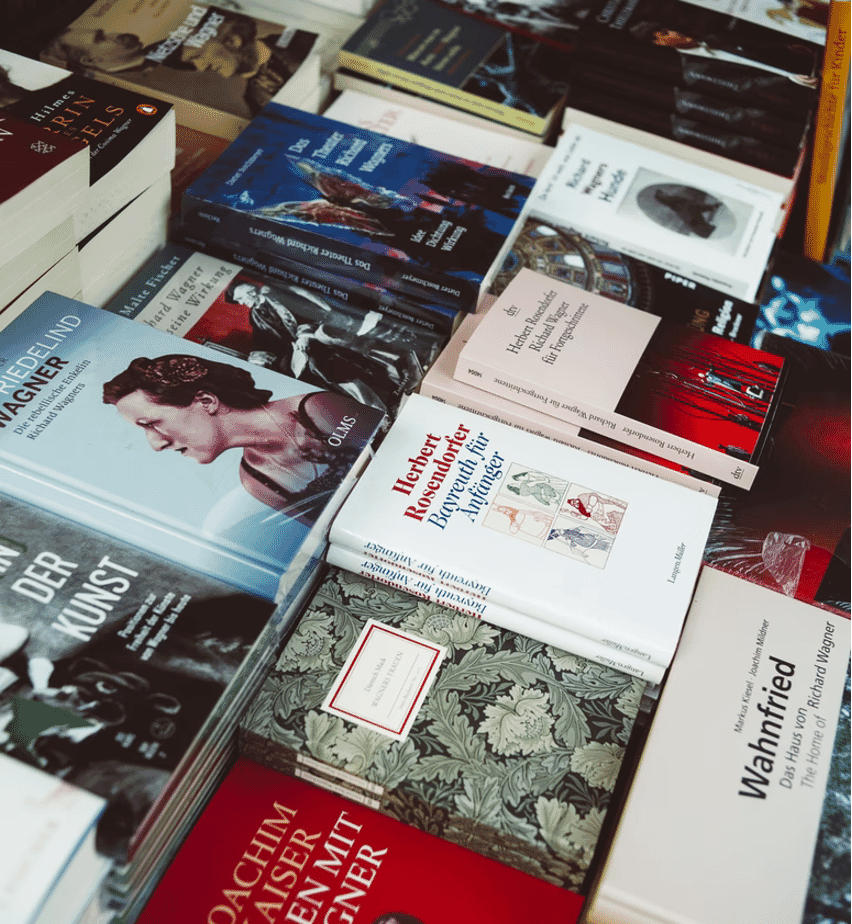
Category: Publishing
How the pandemic has affected Print vs digital book sales
During the initial phases of the pandemic, book sales soared. According to estimates from Weforum, turnover grew by 16 percent as workers enjoyed more time at home. The total value of fiction books sold in the UK reached £720 million, according to the Publishers Association – a new record.
But the benefits weren’t shared evenly across the sector. Digital book sales saw the lion’s share of the winnings with print seeing massive declines in volumes.
Ebooks Are Up, Print Is Down
Consumer digital Ebook sales increased by 23 percent between January and June 2020 with sales from Audiobooks increasing by a whopping 42 percent over the same time frame. Total digital book sales totalled more than £199 million for the period, setting up British digital publishers for their best year ever.
However, the joy on the digital side of the publishing equation was offset by the pain in print. Global sales of printed books from UK publishing houses fell by more than 55 million as consumers opted to stay home and avoid the virus.
Considering the wider context, though, things aren’t as dire for traditional publishers as one might imagine. During the early teens (from 2010 to 2014), digital book sales rose tremendously, suggesting that consumers were about to switch away from paperbacks en masse. However, from 2014, the trend reversed and ebook sales saw their market share decline for six years straight. In that context, the pandemic represents a reversal of that trend, but perhaps not one that will last.
Despite this, ebooks, though, have received a boost from the UK government that levels the playing field. HMRC is now charging ebooks at the same VAT zero rate as physical books – a policy that began on May 1, 2021. Major publishers, such as Amazon, are offering a 20 percent price cut on many titles.
Even So, Print Still Dominates
Despite the furor around growing ebook sales, print is still dominant in the UK market. From January to June 2019, global sales of UK print books were north of £1.3 billion, while digal sales were hovering around the £300 million mark. However, during the height of the pandemic from January to June 2020, sales plunged by over 17 percent to £1.1 billion – the biggest semi-annual fall in the industry’s history.
Total sales of all UK books – including to those sold to non-consumers (such as academia) – fell more than 11 percent during the pandemic. As such, UK publishers sold around 271 million fewer print books globally than over the same period in the previous year.
Conclusion
The real success story of the pandemic for print was hardback fiction. Sales rose in this segment by 35 percent as consumers sought escapism. The digital sector did better than print overall though, as people avoided going to regular stores. However, since the pandemic, book sales have soared overall, replacing pre-pandemic activities, such as socialising and working.
As specialist recruiters in all areas of the Publishing Sector, we can help you find your next leadership hire.
Contact us on +44(0)1242 239147 or email info@mosaicss.com
You may also be
interested in...
Category: Advice
Global Talent, Local Expertise: How Our NPAworldwide Membership Benefits You
At Mosaic Search & Selection, our commitment to delivering exceptional recruitment outcomes extends far beyond borders. As a proud member…
 Read More
Read More
Category: Advice
Is Remote Leadership Here to Stay – and What Skillset Do You Need to Make It a Success?
If there’s one question we’ve heard repeatedly over the past year, it’s this: “Is remote leadership really here to stay?”…
 Read More
Read More
